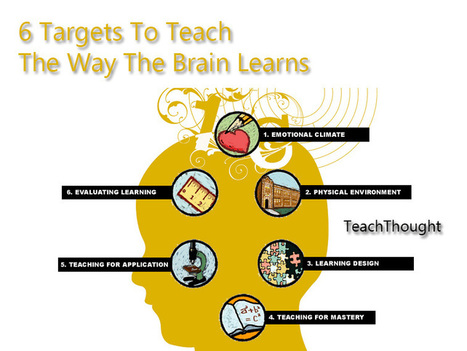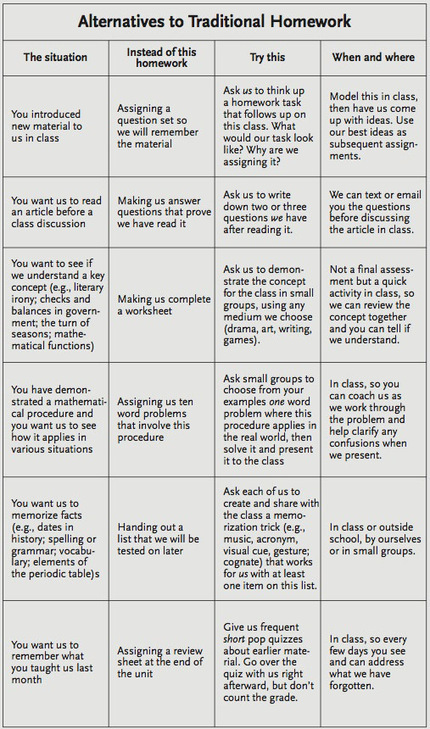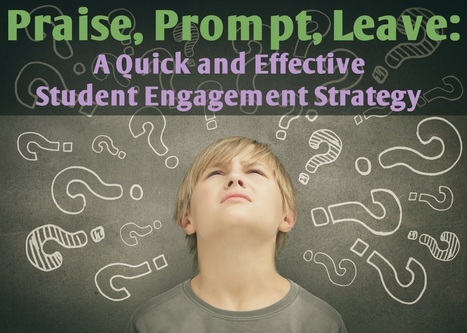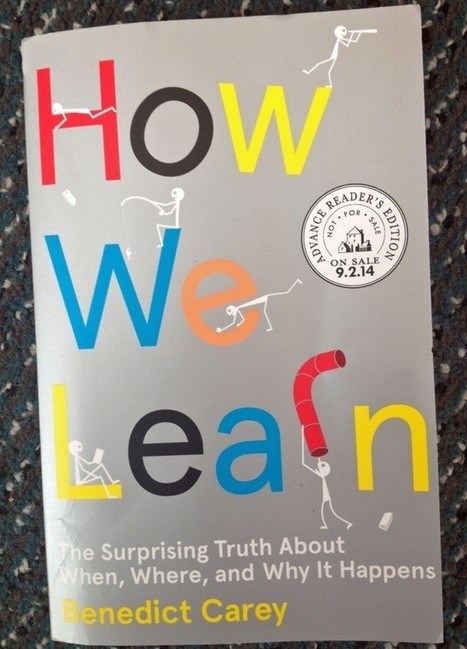On a recent school visit, I was discussing student engagement with a group of school leaders when a member of the group offered the following observation: "I think teachers are reluctant to turn the class over to a guided activity because they are concerned about classroom management."
My Response
Teachers cannot teach if they cannot manage classroom behavior. They know that and we know that. Unless we build teacher capacity to engage students in guided group activities, they will be reluctant to "stop talking" because they are afraid they will lose control. In other words, teachers must be taught what to do when they stop talking and students are working.
Remember, the brain that does the work does the learning. If we expect to dramatically increase the amount of student work and simultaneously decrease the amount of teacher talk, we must build the capacity of teachers to check for understanding and facilitate group processes while keeping all the students on-task.
Most teachers make the big mistake of spending too much time with a few individuals and while they are "fixing" those few students, the rest of the class gets off-task. It does not take long for teachers to figure out that this is not working and they revert back to their comfort zone and a teacher-centered style of instruction.
Furthermore, the natural tendency to "fix" struggling students actually has the unintended consequence of creating "dependent" students, who quickly learn that, if they wait until the teacher stops talking to raise their hand, the teacher will come over and do their work for them. So, not only are were losing control of the class, but we are creating dependent learners who will not even attempt to complete the assignment because they know the teacher will bail them out.
Years of implementing a school wide instructional framework taught me that our teachers had to have a strategy for keeping students on-task and engaged while they circulated through the room. Fred Jones’s Praise, Prompt, and Leave (PPL) strategy is one that we found particularly useful for strengthening student engagement.
Keys to Implementation of PPL
We asked teachers to:
- Begin the year using groups of two (collaborative pairs), which were easier to manage and easier to keep on-task.
- Chunk the lesson or task into smaller segments.
- Keep the outcome in mind. The goal was not to fix students, but rather to ensure that they were on-task and that the students demonstrated understanding of the task at hand.
- Don't let too many students get to far off course! When needed stop the group activity and re-teach a key point. The only way the teacher knows whether students are off course is to circulate throughout the classroom checking for understanding.
- Motion creates emotion. An effective teacher moved around the classroom with ease and did not get stuck instructing one or two students.
- Every 10-12 minutes of group activity refocus the students and point out any key concepts or share your observations.
Follow a simple three step process:
- Praise - Point out where the student is and what the student has done so far.
- Prompt - Tell the student what to do next and that you will be back to check on them.
- Leave - Spend as little time with each student as possible. The goal is to check on the understanding of all students not to re-teach a few students.
For a more detailed explanation of Praise, Prompt, and Leave, follow this link: http://info.marygrove.edu/matblog/a-simple-and-effective-student-engagement-strategy-praise-prompt-and-leave

 Your new post is loading...
Your new post is loading...
 Your new post is loading...
Your new post is loading...

































Homework is independent practice. By definition, students should have guided practice in the classroom before being assigned independent practice.